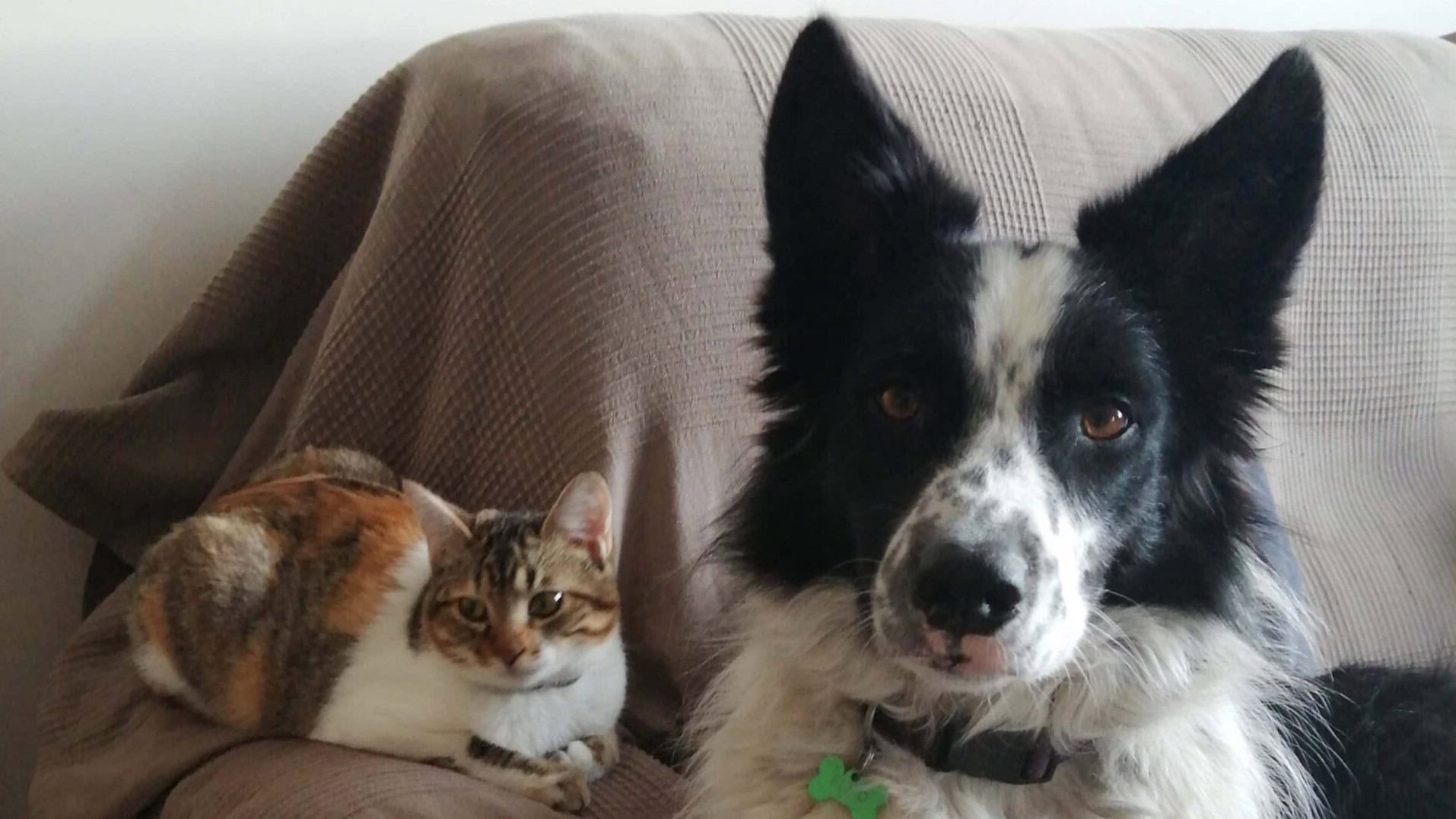First of all, we have to think about what we want life to be like with our new companion: I imagine we want a happy but calm animal… at least when it is inside the house. We also want it to listen to us and obey us when necessary, and to be able to relate to other living beings, humans and animals, in an appropriate way. To do this, we will have to lay some foundations, learn to communicate, prepare the home, and work on your education.
The first step should always be to make sure that we have your needs covered. basic needs. Most behavioral problems come from the absence of one of these. It is not just about giving quality food or veterinary care; there are other factors that are just as important as this and we are not aware of it, for example, social contact and one stimulation adequate.
To teach your pet the rules of the house, we must first learn to communicate with him. Our attitude must always be calm. We must use the same words, gestures, food or toys as rewards to reinforce the things he does well, and words of encouragement such as “very good”, so that the animal understands that listening to us will bring him good things. The key to teaching our pet is the constancy and the patience. If we are coherentOver time, the animal will understand what we want from it and will repeat it.
When the animal does something we don't like, we shouldn't scold it, as this will make it afraid of us and will damage the bond with us. It won't teach it either, as when we are not there to punish it, it will continue to repeat the behaviour we don't like. To change something we don't like, the first thing we have to do is prevent it from repeating itself while we teach the animal what we want it to do instead. If in the process the animal makes a mistake, a neutral "no" and a redirection towards what we do want it to do will be a start, reinforcing the appropriate behaviour again with words or rewards.
One of the phrases I repeat most to my clients is “If we want calm, we have to transmit calm”. This is also basic. One of the main differences between our animals and us is the capacity for self-control. When a dog or cat is excited or emotionally upset, it will completely lose its learning capacity, this is another reason why it is not good to scold animals… Taking a deep breath before speaking to our companion is another of the best pieces of advice I can give you.
I often see dog owners who confuse excitement with joy, and this is something that will cause many problems in the animal's life. This is often seen with small dogs, we like to excite them because it seems like we are making them happy... These dogs learn to relate to the world at high speeds, they jump on people, and react more than necessary to normal stimuli. Please, let's learn to do this. Differentiating joy from excitement now reinforce calm. Happy living beings are usually calm beings.
Finally, we must not forget to work on the habituation to new stimuli or strangers, both at home and outside. The key to ensuring that our dog or cat does not become upset by the presence of unknown people, other animals or strange things such as moving vehicles, must be gradual habituation. For this, the socialisation phase is vital, when they are still puppies, and are not afraid... this is when we must take advantage of the opportunity to show them the world little by little, and for them to learn that new things are something good and normal. If the animal is already an adult, we must follow the same process, but it will be slower, we must do it very gradually, keeping time and distance to help the animal assimilate the new things calmly.
We must not forget that most of the time when a dog or cat gets upset, seems aggressive or reactive, it is not trying to be bad, but is so emotionally affected that it has no other way out than to react in that way. Therefore, in those moments we should not scold the animal, but rather remove it as quickly as possible from the stimulus that causes this discomfort. Afterwards, we will study the way to prevent this from happening again... and if we are not able to solve it ourselves, we should ask for professional help before the problem gets worse.
If you see that you need help, do not hesitate to contact us.




